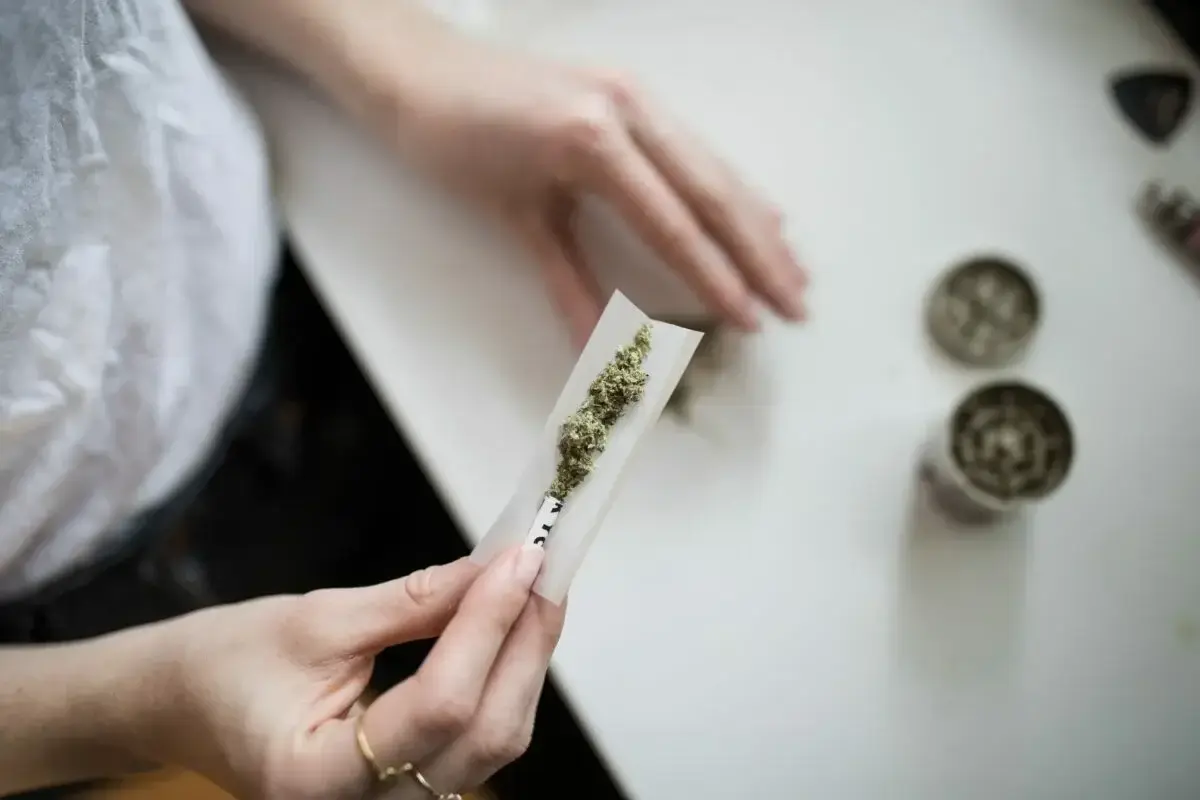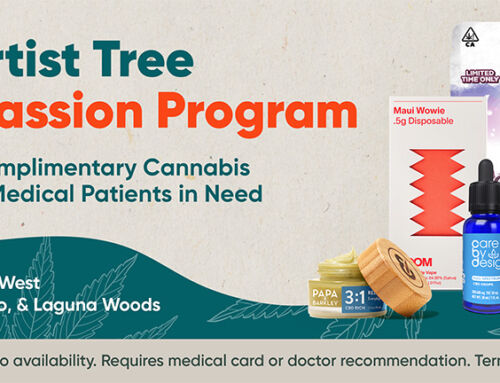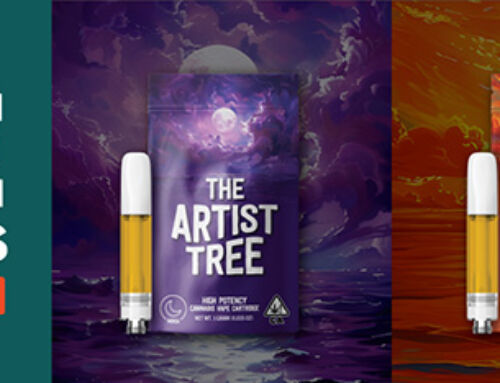Misconceptions about cannabis consumption continue to be one of the biggest barriers to widespread cannabis normalization. From the mid 1900’s until only recently, the “reefer madness” mentality has grown, exacerbated by the War on Drugs in the 70s. Although studies on the effects of cannabis have started to come out more frequently within the last two decades, cannabis remains largely untouched by the scientific community, and radical notions about it continue to proliferate.
From claims that marijuana causes physical withdrawals, all the way to assertions that it leads to criminal activity, misconceptions run rampant. While many of these theories have no scientific backing, they continue to influence public perception of cannabis.
To clear things up, we have put together five of the most common myths about marijuana and arguments to bust them once and for all.

Photo by National Cancer Institute on Unsplash
“Using Marijuana Causes Cancer”
Although cannabis smoke does contain carcinogens, THC and other cannabinoids like CBD do not cause cancer, unlike nicotine, which has been proven to cause cancer on its own. On top of this, tobacco users typically smoke much more than the average marijuana user, which contributes to the high incidence of cancer among regular tobacco smokers.
It is likely the misconception that cannabis causes lung cancer came about because most people ingest THC by smoking flower. In 2006, a UCLA studyfound that marijuana, even in high quantities, does not lead to lung cancer. This goes against the study’s own hypothesis. Furthermore, this study and several others discovered that pot can actually inhibit the growth of tumor cells.

Photo by Sharon McCutcheon on Unsplash
“Using Marijuana Can Lead To Addiction, and Most Marijuana Users Are Heavy Users”
This is a common myth. Likely perpetuated by the War on Drugs, cannabis has been roped in with addictive, hard drugs, such as crack, cocaine, meth, and heroin. While it’s possible for a person to become dependent on cannabis, it is not physically addictive.
Studies have concluded that 1 in 10 adults will become dependent on marijuana at one point in their lives. The withdrawals experienced from this disorder include irritability, restlessness, loss of appetite, increased depression, and cravings among others. This is certainly a notch down from the withdrawals of heroin, which can be lethal. An initial symptom of marijuana use disorder is indeed consuming it daily. According to the study mentioned, non-daily users usually do not experience cannabis dependence, which as it turns out, are most people.
40-50% of people who have used marijuana before reported that they have only used it for twelve days at most. A third of all people surveyed said they had used it in the past year, and only a fifth of those people reported daily use.
“Using Marijuana Inspires Delinquent Behavior and Leads To Crime”
You can link alcohol to acts of violence a hundred times over before you can do the same with marijuana. This myth comes around from the fact that cannabis use among offenders is higher on average than non-offenders; but that doesn’t mean that it is the cause of criminal acts.
Harmful mentalities like this are surface-level glances at a discriminatory crisis worthy of its own textbook.
It’s likely this idea was espoused by federal/political bodies, on one hand as a scare tactic for adolescents (who shouldn’t be using marijuana anyway) and also as a general way to push the publics’ heads further into the sand when it comes to socio-economic injustices surrounding cannabis. The association of marijuana with illegal activities is a reversed way of saying “we will give you a criminal record for possessing this.”
Photo by Myriam Zilles on Unsplash
“Marijuana Is A Gateway Drug”
In a world of hard drugs, a “gateway drug” is basically a soft one that it serves as a bridge to stronger, truly harmful substances. Claims that marijuana is such a substance are perpetuated by studies that found that kids who use marijuana are more likely to try harder substances.
In actuality, the connection between marijuana use and use of hard drugs reflects more on how personality factors create incentives to try psychoactive substances. Not every person who has used marijuana has tried other hard drugs, and the hypothetical link was debunked by the Institute of Medicine. Once again, this is another sociological issue re-framed to enforce prohibition, painting people susceptible to drug addiction as criminals instead of helping them recover.
“Marijuana Is a Hard/Dangerous Drug”
This is a big one. As mentioned before, it’s likely because marijuana was roped in with heroin, cocaine, and opiates during the War on Drugs. There are in fact risks with marijuana use, such as dependency and potential lung damage from smoke inhalation.
Countless studies conclude that marijuana is much less harmful to the body than alcohol, tobacco, or cocaine. For such a popular misconception, this is easily one of the most incorrect out of them all, and it’s important that people recognize that some federally legal substances are more dangerous to our health than marijuana such as opiates and antihistamines.
Despite this research, every person is different. We always recommend consulting with a cannabis-educated physician if you have concerns about responsible consumption. Drop by any of The Artist Tree’s three Los Angeles-area marijuana dispensaries seven days a week and our knowledgeable guides can help you, too!
Please be advised, we are not healthcare professionals. But, we do know good cannabis and our expert staff would be happy to point you in the right direction. Visit our West Hollywood flagship store from 6 AM-9:50 PM daily, and our Koreatown and Beverly Hills locations from 8 AM-9:50 PM.




